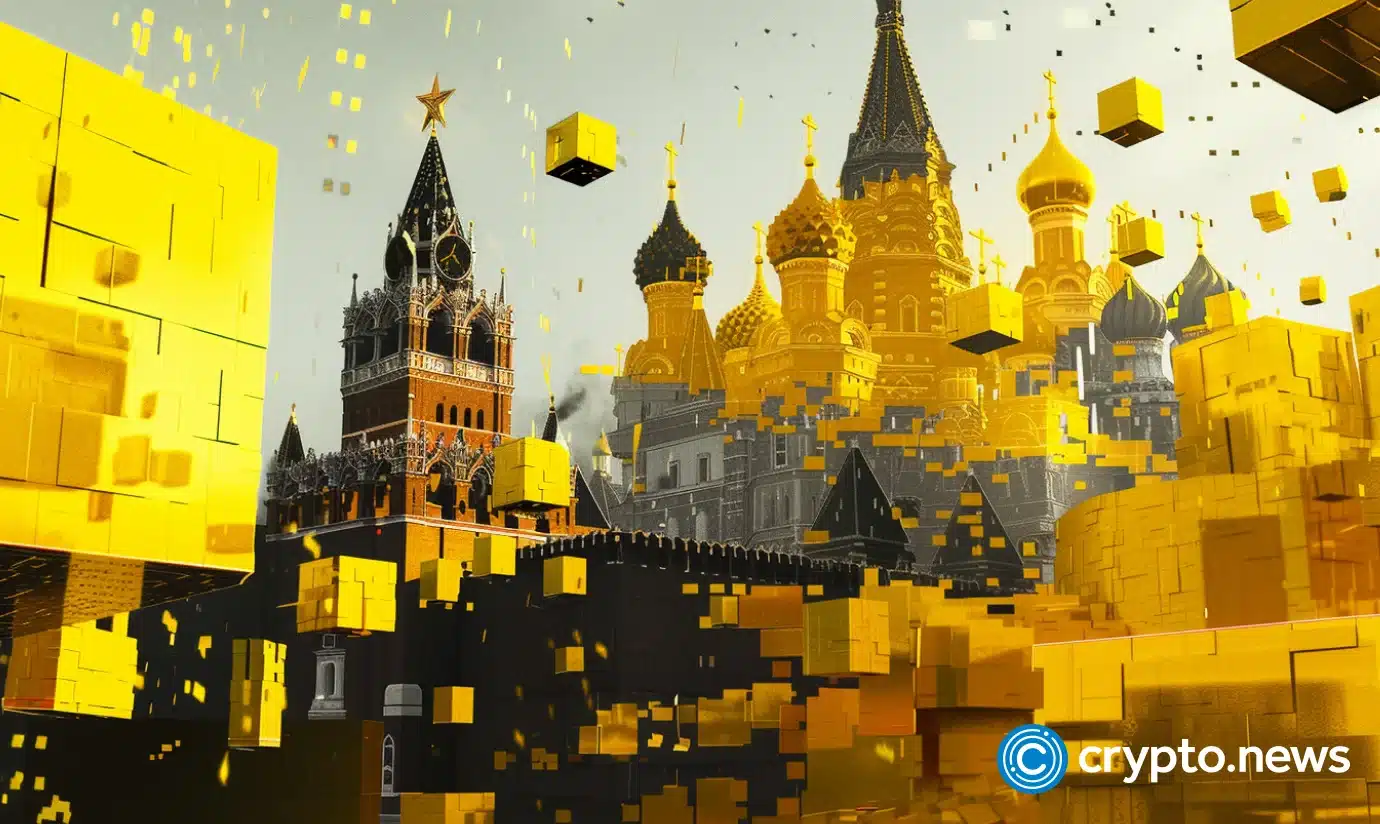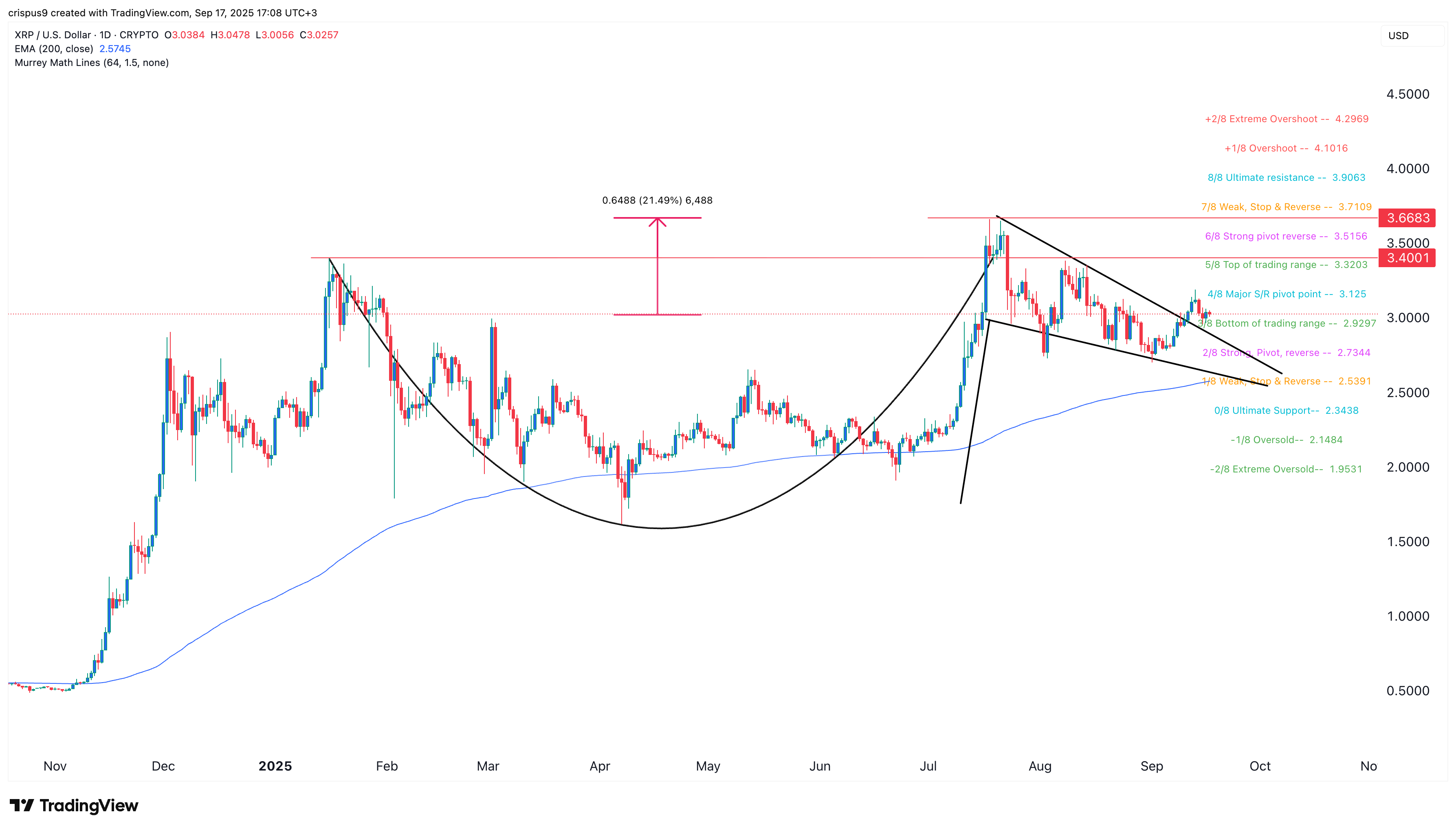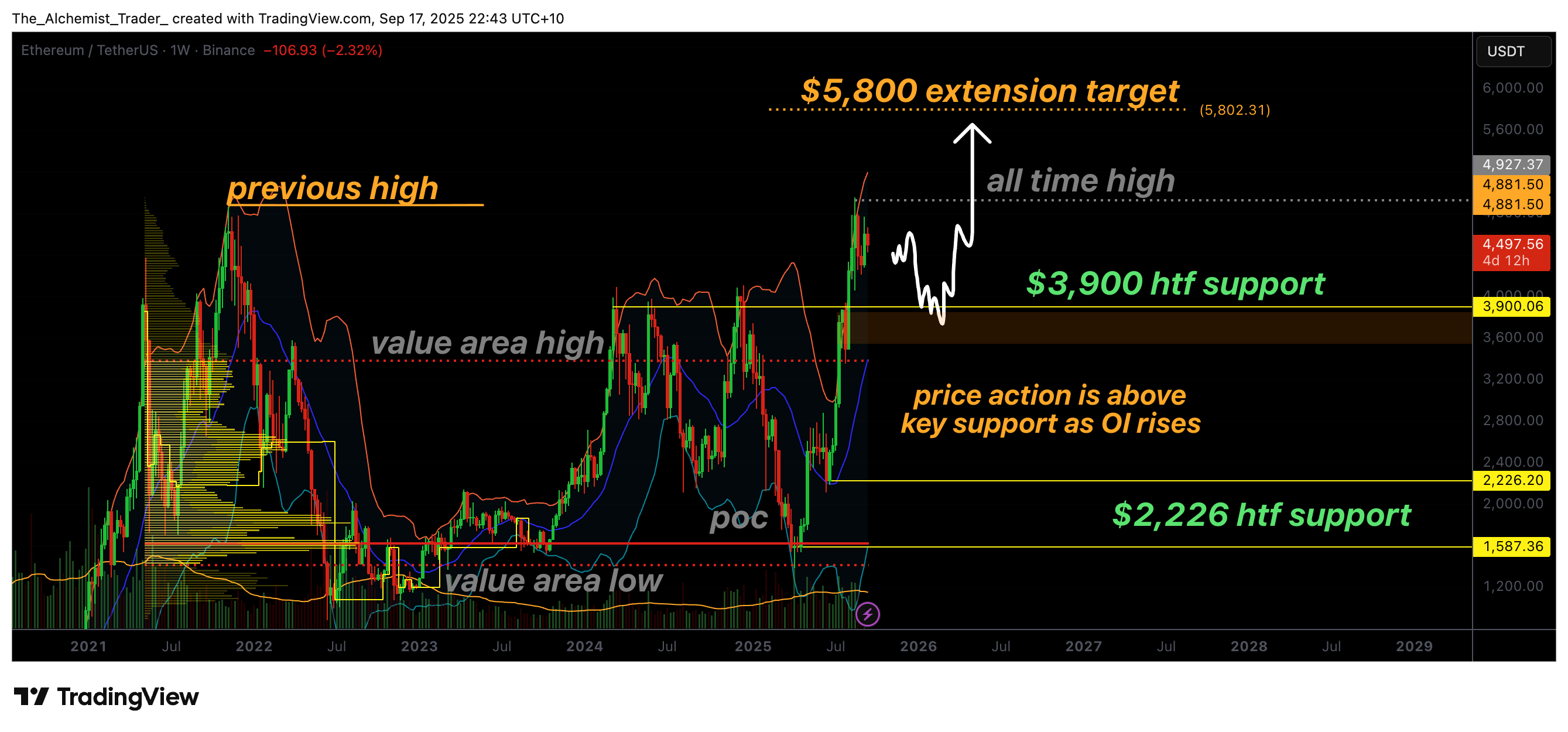Russia’s central bank set to legalize crypto for qualified investors

The Bank of Russia appears to be moving forward with plans to test cross-border crypto deals for qualified investors.
Russia‘s central bank, the Bank of Russia, is considering amending the law to introduce a new category of “particularly qualified investors,” which would allow these individuals to trade crypto as the country explores the use of cryptocurrencies for cross-border transactions.
In an interview published Monday, Aug. 26, in the Russian newspaper Izvestia, Alexey Guznov, the Bank of Russia’s state secretary and deputy governor, indicated a possible shift in the nation’s stance on cryptocurrencies. Guznov disclosed that the central bank is contemplating the possibility of permitting a limited group of specially qualified investors to participate in buying and selling cryptocurrencies.
“There is currently a discussion about allowing a limited group of particularly qualified investors to trade digital currencies, enabling them to buy and sell such assets. However, this is a topic for the next stage. In the meantime, all potential risks need to be thoroughly analyzed.”
Alexey Guznov, Bank of Russia’s state secretary and deputy governor
Currently, there is no legal framework defining these investors, but the central bank is reportedly considering legislative changes to establish this new category.
The central bank is also showing openness to the use of stablecoins for international trade, provided they meet certain criteria. According to Guznov, if a stablecoin is backed by an obligated party and resembles digital financial assets — centralized, tokenized assets issued in Russia — then it can already be used for cross-border settlements under current laws. However, algorithmically managed stablecoins without a backing entity would be treated as cryptocurrencies and would require an experimental regime for cross-border use, he added.
Guznov’s remarks come shortly after reports surfaced saying that Russia is considering the establishment of at least two domestic crypto exchanges, potentially utilizing the infrastructure of traditional stock exchanges in Moscow and Saint Petersburg. The primary objective of these exchanges, however, is not to facilitate crypto trading but to develop stablecoins, including those pegged to the Chinese yuan and a basket of BRICS currencies.




